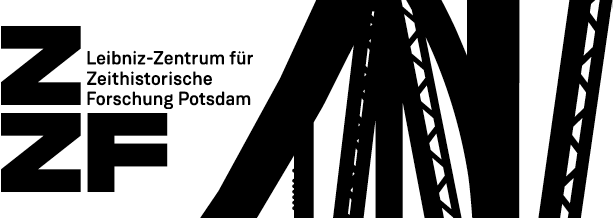The Leibniz Centre for Contemporary History
Director: Prof. Dr. Frank Bösch
The Leibniz Centre for Contemporary History (Leibniz-Zentrum für Zeithistorische Forschung – ZZF) is a research institute for German and European contemporary history in the 20th century and its impact on the present. The ZZF is a registered association and a member of the Leibniz Association. It receives institutional funding from the State of Brandenburg, the federal government and the German states. The institute also receives third-party funding for research projects.
The ZZF collaborates with numerous universities and other research institutes in Germany and abroad, and has an international visiting-scholar program. It is linked to the University of Potsdam by a joint professorship, and cooperates with a range of other institutes of higher learning in research, teaching and training a new generation of scholars.
The scientific work of the Institute is currently divided into five departments and the Directorate, which deal with the following topics:
- Communism and Society,
- Economic Thought and Practice,
- Contemporary History of Media and Information Societies,
- Regimes of the Social Sphere
- Globalizations in a Divided World
Alongside basic research, the central tasks of the ZZF are providing research infrastructure and promoting knowledge transfer.

